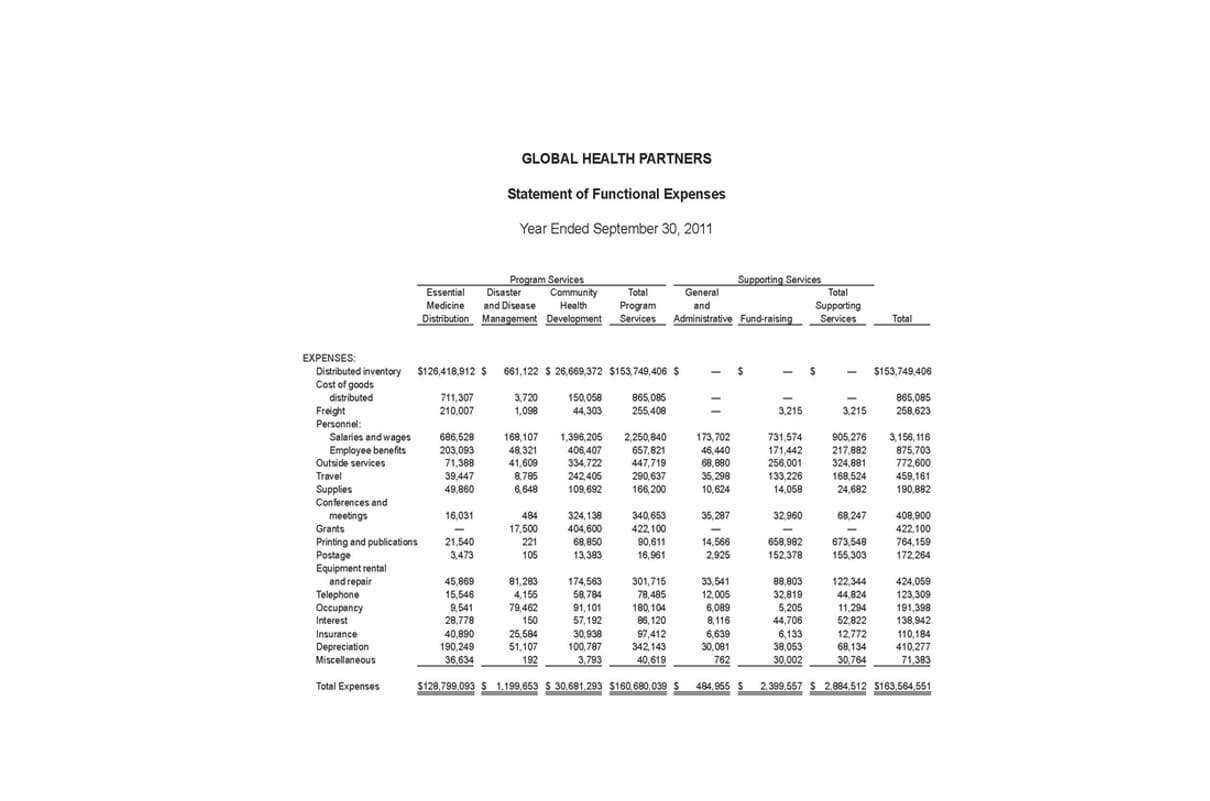
Salvage value, often referred to as residual value, is the estimated value of an asset at the end of its useful life. Scrap value might be when a company breaks something down Bookkeeping for Etsy Sellers into its basic parts, like taking apart an old company car to sell the metal. Shaun Conrad is a Certified Public Accountant and CPA exam expert with a passion for teaching. After almost a decade of experience in public accounting, he created MyAccountingCourse.com to help people learn accounting & finance, pass the CPA exam, and start their career.
Common Methods of Depreciation

ABC Company buys an asset for $100,000, and estimates that its salvage value will be $10,000 in five years, when it plans to dispose of the asset. This means that ABC will depreciate $90,000 of the asset cost over five years, leaving $10,000 of the cost remaining at the end of that time. ABC expects to then sell the asset for $10,000, which will eliminate the asset from ABC’s accounting records. If it is too difficult to determine a https://irestfurniture.in/2024/08/21/21-top-bookkeeping-services-in-san-diego-ca/ salvage value, or if the salvage value is expected to be minimal, then it is not necessary to include a salvage value in depreciation calculations. Instead, simply depreciate the entire cost of the fixed asset over its useful life. Any proceeds from the eventual disposition of the asset would then be recorded as a gain.
- A proper estimate of salvage value ensures a more accurate depreciation calculation, which helps businesses report their financials correctly.
- Five primary methods of depreciation – straight-line, declining balance, double-declining balance, sum-of-years digits, and units of production – all require consideration for salvage value.
- For those seeking further learning on this topic, we encourage you to explore resources dedicated to accounting principles, asset management, and depreciation methods.
- The Salvage Value is the residual value of a fixed asset at the end of its useful life assumption, after accounting for total depreciation.
Legal and Tax Implications
From an accounting perspective, it affects companies’ depreciation and amortization expenses. In this way, it influences capital budgeting decisions by helping determine the total cost of ownership and whether to buy versus lease. For leased assets, the residual value then helps figure out the terms of leases. A higher residual value generally results in lower regular payments because the lessee is expected to pay for the asset’s usage minus its estimated remaining worth.

What Is Scrap Value in Accounting and How Is It Calculated?
In the U.S., the Internal Revenue Service (IRS) allows businesses to deduct depreciation expenses from their taxable income. The salvage value directly impacts the depreciation expense, which in turn affects taxable income. A higher salvage value means lower depreciation expenses and higher taxable income, and vice versa. The advent of AI and sophisticated software has revolutionized how we estimate and utilize salvage values. Machine learning algorithms can predict more accurate salvage values by analyzing market trends and historical data. Salvage value also plays a critical role in tax calculations and legal compliance.

- Salvage value represents the expected amount a company can recover from an asset at the end of its useful life, often influencing depreciation calculations.
- Therefore, depreciation would be higher in periods of high usage and lower in periods of low usage.
- The value of the asset is recorded on a company’s balance sheet, while the depreciation expense is recorded on its income statement.
- The matching principle can be considered to be a rule in accounting that says if you’re making money from something, you should also recognize the cost of that thing during the same period.
- While this approach relies on actual market trends and data, it may not consider specific circumstances that could impact the asset’s final selling price.
The matching principle is a concept in accrual accounting that requires a corporation to record expenses in the same period that produces corresponding revenues. It will have a long, useful life if a corporation expects an asset to contribute to revenue for a long time. what is salvage value in accounting The annual depreciation expense is then subtracted from the initial cost to determine the book value over the years.
- Factors influencing a machine’s salvage value include technology changes, wear and tear, maintenance practices, and market demand for used equipment.
- It provides insight into the asset’s actual worth while influencing the selection of appropriate depreciation methods.
- This helps in setting depreciation, financial planning, and even resale value.
- Incorporating salvage value into risk management and financial planning enhances the precision of strategic decisions and ensures robust asset management.
- This means that even if you have bought an asset second-hand, machinery or computer hardware, for example, your purchase price is the value at the time of acquisition of the asset.